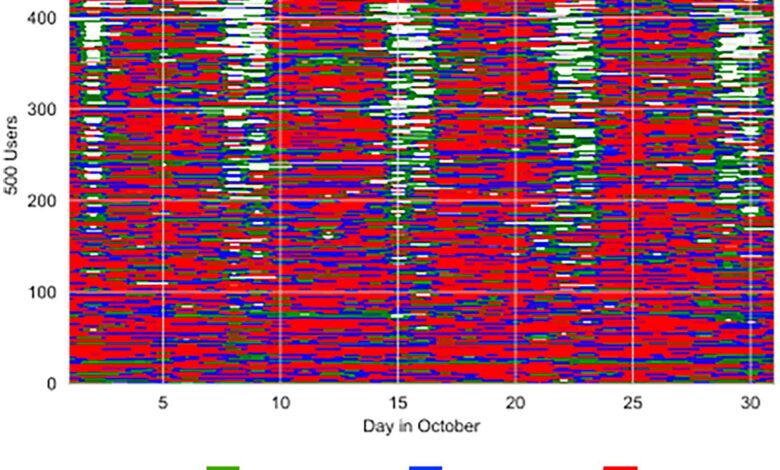Most people still use them despite expert advice

Sleep experts advise against hitting the snooze button on your alarm clock, but a recent study conducted by researchers at Mass General Brigham reveals that this practice is quite prevalent. The study, which analyzed data from over 21,000 individuals worldwide using the sleep analysis app Sleep Cycle, found that the snooze button was pressed in nearly 56% of the 3 million nights studied. Additionally, approximately 45% of participants used the snooze button on more than 80% of mornings, with an average snooze time of 20 minutes per day.
Published in Scientific Reports, the study sheds light on the commonality of snooze alarm usage and its impact on sleep patterns. Lead author Dr. Rebecca Robbins from Brigham and Women’s Hospital’s Division of Sleep and Circadian Disorders Medicine emphasized the widespread use of the snooze alarm, noting that more than half of sleep sessions end with a snooze alarm, with users spending an average of 11 minutes between snooze alarms each morning.
Interestingly, the study also revealed variations in snooze alarm utilization based on the day of the week, with higher snooze rates during the work week and lower rates on weekends. Furthermore, individuals who slept for five hours or less exhibited lower snooze alarm usage, likely due to time constraints and the need to wake up promptly for work.
Heavy users of the snooze alarm, defined as those who relied on it on more than 80% of mornings, displayed more erratic sleep schedules and spent an average of 20 minutes between snooze alarms. Geographically, individuals in the U.S., Sweden, and Germany had the highest snooze button usage, while those in Japan and Australia had the lowest.
Dr. Robbins cautioned against the disruption caused by snooze alarms during crucial stages of sleep, such as rapid eye movement (REM) sleep. She advised against using the snooze button to optimize sleep quality and next-day performance, recommending setting the alarm for the latest possible time and committing to getting out of bed upon the first alarm.
For more information, the study titled “Snooze alarm use in a global population of smartphone users” can be accessed in Scientific Reports with the DOI: 10.1038/s41598-025-99563-y. This research underscores the prevalence of snooze alarm usage and its implications on sleep quality and daily functioning.




